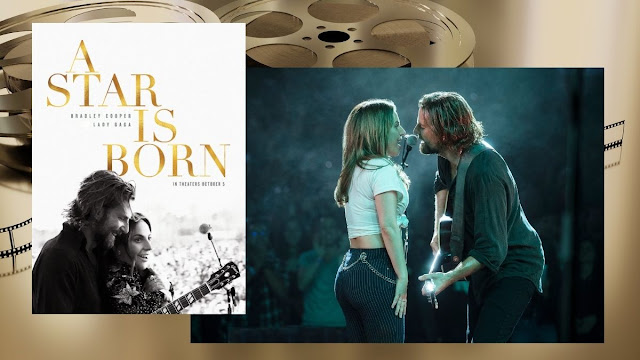Kristin Reviews Lee Daniels' The Butler
Whether Lee Daniels has this type of following after directing only three films (one of which was the Oscar nominated Precious) and producing a handful of others (the most successful of which was Monster’s Ball over a decade ago) is less relevant than the studio’s apparent hope that he does. Now, instead of promoting a drama about a black butler serving in the White House across the span of about four decades, they’re promoting a movie about black people directed by the guy who directed Precious. The thing is, if they had any confidence in the quality of the film itself, such a blatant effort to catch the attention of potential viewers would be unnecessary.
Unfortunately, Lee Daniels’ The Butler may actually need that boost, although (sorry, French people) it’s not necessarily Lee Daniels’ fault. Nor is it the fault of the all-star cast, which includes Oscar winner Forrest Whitaker and Oscar nominee Oprah Winfrey in the key roles of the butler referenced in the title and his wife, as well as Oscar nominee Terrence Howard and Oscar winner Cuba Gooding, Jr.. The problem is the script, written by Danny Strong based upon an article by Wil Haygood, and it kind of breaks my heart to say so, because Danny Strong played one of my favorite characters in Buffy the Vampire Slayer years ago, and I love seeing him find success today as a writer (he’s won a number of awards for his work writing for television).
The thing is, Danny Strong’s The Butler is more like a History Channel summary of the civil rights era than a dramatic movie. Over the course of about two and a quarter hours, butler Cecil Gaines recounts in voice-over the significant moments of his life beginning with his childhood as a cotton-picker and “house-n****r” and ending following Barack Obama’s Presidential election. As a history lesson, the film manages to hit the highlights, albeit from a limited perspective. The problem is, it fails to satisfactorily tell Cecil Gaines’ story.
In a story that is told from a main character’s perspective, in this case via voice-over narration by Cecil Gaines himself, scenes that occur outside of that character’s experience feel out of place and interfere with the viewer’s ability to connect with anyone. The Butler should be about Cecil Gaines’ back-stage view of the White House during critical moments in history (and the scenes that fulfill this expectation are the most interesting); instead it jumps between Gaines and his wife and his son, showing events Gaines did not witness and establishing a “watching from a distance” sensation that makes it impossible to identify with or care about any of the characters.
Even the inconsistent narrative is inconsistent. While some events involving Gaines’ son, Louis, participating in the civil rights movement are filmed in horrifying detail, other events occur off screen or are witnessed by Gaines on a television screen. Had the film been told consistently from Gaines’ point of view, viewers would have witnessed events in the same manner that Gaines did and had an opportunity to connect with him in the process. For example, Gaines’ experience of President Kennedy’s assassination was limited to what happened within the White House, and the scenes that depict that event are particularly powerful. Had the entire movie relied upon Gaines’ perspective as the country struggled and changed over time, it would have been a story rather than a sequence of events.
Danny Strong wanted to write several stories, all of them potentially interesting. Unfortunately, he tried to pack them all into the same movie and succeeded in telling none of them satisfactorily. What the viewer is left with is a feeling that he or she has just been given a lesson, the moral of which is “racism is bad.” I was hoping for a unique perspective on history from inside the White House; instead I got a summary of what I already knew from the writer’s point of view.
Nothing in this movie felt Oscar-worthy to me, although I expect it to be nominated in at least a few categories. Forrest Whitaker was good, but his performance in The Last King of Scotland was so much better, it would be somewhat of an insult to give him an Oscar for this film as well. Oprah was good as well, but the film required little of her. Lee Daniels may have a shot at a directing nomination, especially since his name is now part of the film’s title. And as much as I like Danny Strong, a nomination for adapted screenplay would be a mistake. Strong may have an Oscar-worthy script in him, but this is not it.
-Kristin
8.19.2013




Comments
Post a Comment